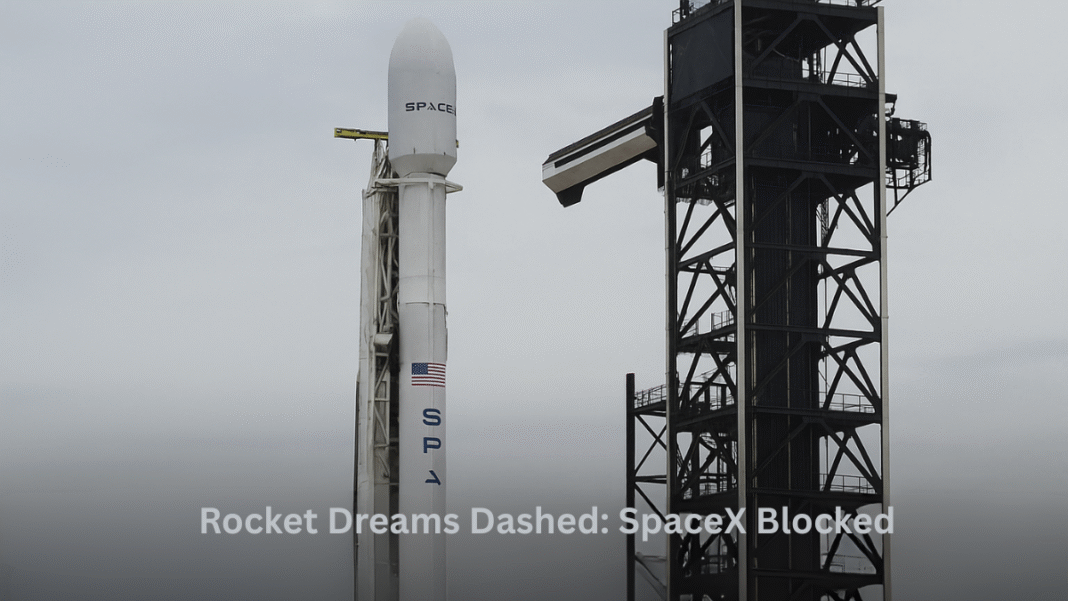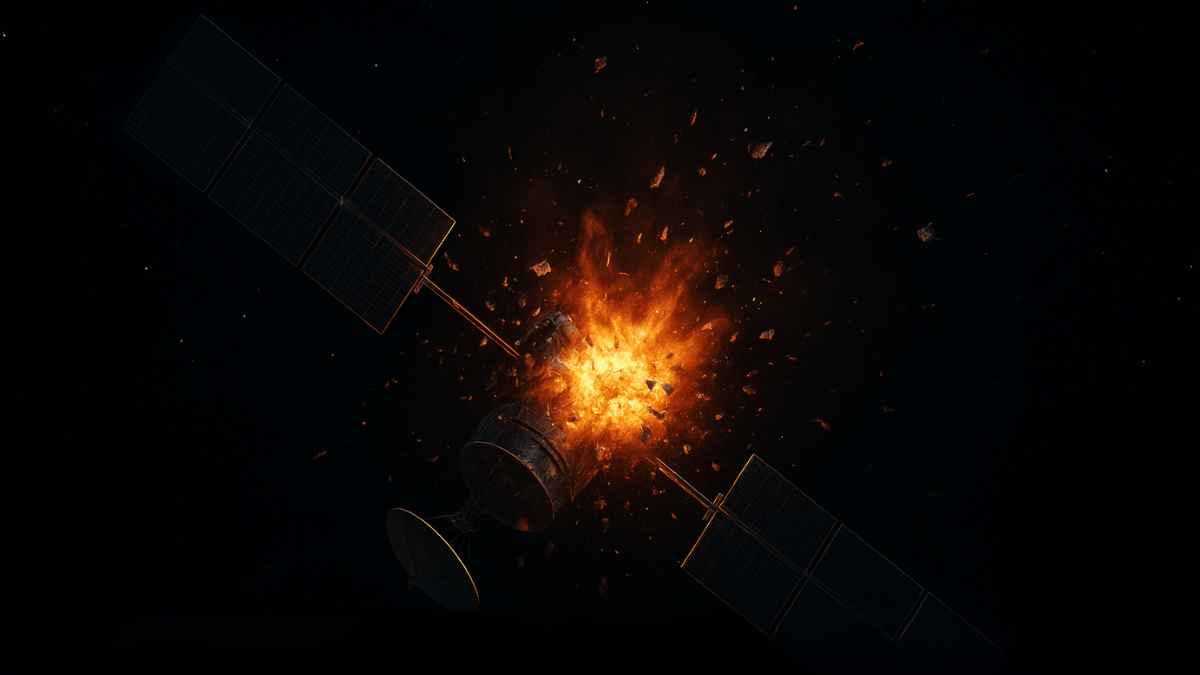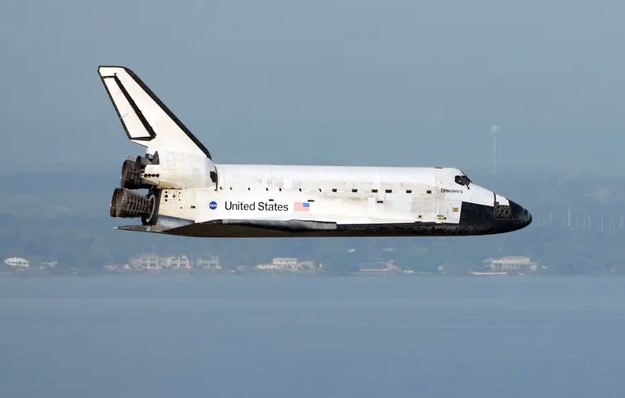The United States Air Force has stopped its planned collaboration with SpaceX for a groundbreaking rocket cargo delivery program. This decision came after environmental concerns were raised about the impact on wildlife, particularly seabirds, living on Johnston Atoll—a tiny island in the Pacific Ocean.
Military Project Hits Environmental Roadblock
Johnston Atoll is located nearly 800 miles southwest of Hawaii. Although it may seem far away from major cities, it plays an important role in nature. The island is home to 14 different kinds of tropical seabirds. It’s also part of the Pacific Remote Islands Marine National Monument, a protected area for marine life and birds.
The Air Force and SpaceX had hoped to use commercial rockets to deliver large cargo—up to 100 tons—anywhere in the world in just 90 minutes. This could help the military move supplies quickly to remote areas, which is useful during emergencies or natural disasters.
However, biologists and environmental experts warned that such launches from Johnston Atoll could seriously harm the bird population. Loud rocket launches, fuel emissions, and other effects could destroy nesting areas or frighten birds away from their habitat.
Volcanoes Whisper Through Trees: NASA Detects Eruption Warnings from Space
A military spokesperson told Stars and Stripes, an independent military news outlet, that the Air Force is now looking at other places for this rocket delivery test. The environmental assessment that was originally planned was delayed after several environmental groups protested.
Neither SpaceX nor the US Air Force responded to requests for comment on the sudden halt of the program.
Environmental Concerns at Johnston Atoll
Johnston Atoll is not just any island. Although it covers only one square mile (2.6 square kilometers), it supports a large variety of wildlife, especially seabirds. According to biologists, the sounds and heat from rocket launches could destroy the nests of these birds.
Experts say that disturbing these nests can prevent birds from laying eggs or scare them away from feeding their chicks. Once disturbed, it can take years for the bird population to recover. This is why groups of environmental scientists and activists quickly raised alarms when they heard about the proposed rocket tests.
Misleading Marvels: The Peril of Deepfake Targeting Elon Musk During SpaceX Launch
The opposition was strong enough to delay the release of the Air Force’s environmental draft report. The report would have outlined how the rocket project might impact local nature. But with pressure from environmental groups, the Air Force has now suspended the project on Johnston Atoll completely and is searching for a new location.
SpaceX’s Past Environmental Troubles
This is not the first time SpaceX has faced backlash due to environmental damage. In 2023, the company launched its massive Starship rocket from Boca Chica, Texas. That launch caused destruction to nearby natural habitats.
Specifically, the rocket launch at Boca Chica reportedly damaged the nesting grounds of the plover, a small and protected shorebird species. Some of their nests and eggs were destroyed by the debris and shockwaves caused during the launch. This led to criticism and legal concerns from environmental protection agencies.
In a lighthearted but controversial response to the backlash, Elon Musk posted on social media that he would “not eat omelets for a week” to make up for the environmental impact. “To make up for this heinous crime, I will refrain from having omelette for a week,” he wrote. The comment was seen by some as humorous, but others believed it made light of a serious environmental issue.
Rocket Clash at Johnston Atoll: Pentagon Suspends SpaceX Cargo Test Amid Wildlife Outcry
The comment drew attention in newspapers and online platforms, highlighting the growing tension between technological progress and environmental responsibility.
Now, with the Johnston Atoll case, SpaceX finds itself once again in the center of an environmental debate. While the Air Force had not finalized the agreement with SpaceX, the company was expected to play a major role due to its capability to launch large rockets.
As of now, there is no official response from either the US Air Force or SpaceX regarding what will happen next.




